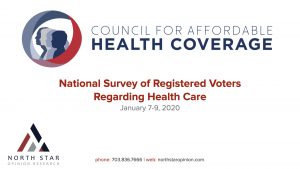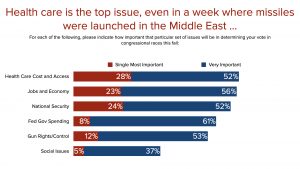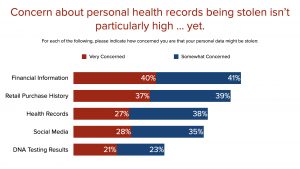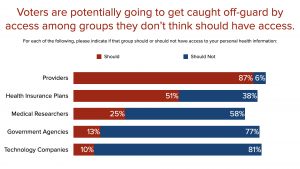Jon McHenry’s comments to National Public Radio on the likelihood of Republican defections in this year’s presidential contest:
Polling has shown that the vast majority of Republicans intend to vote for Trump’s reelection. Conservative opposition appears to be a sliver of the overall electorate.
“It’s very small,” said Jon McHenry, a Republican pollster with North Star Opinion Research who’s skeptical that these GOP-for-Biden groups will influence Republicans. “You’re not gonna knock President Trump from say 95% of Republicans down to 85% of Republicans on the basis of some ads from former staffers in a previous administration.”
McHenry added: “It would be probably more persuasive to Republicans if it were current officeholders that were taking this stand.”
…
In other words, [Julie] Azari said, the reason Trump appears so popular with the GOP is because some would-be Republicans no longer identify as Republican. In the past half-century, no Democratic presidential candidate has won white voters with a college degree; those voters have comprised a loyal GOP voting bloc. But in the past few years, they’ve begun moving away from the party.
“There’s a decent chunk of those white college-educated voters who support [GOP] policies, they support the tax cuts, but you know, they wouldn’t be crazy about President Trump demanding an apology from Bubba Wallace this week,” said McHenry, referring to the Black NASCAR driver Trump singled out on Twitter.
McHenry said if the presidential campaign eventually shifts into more policy debates, those white college-educated voters will be forced to make a choice between policy and tone. And it’s possible policy will win out.
To read the full article, please click here.



